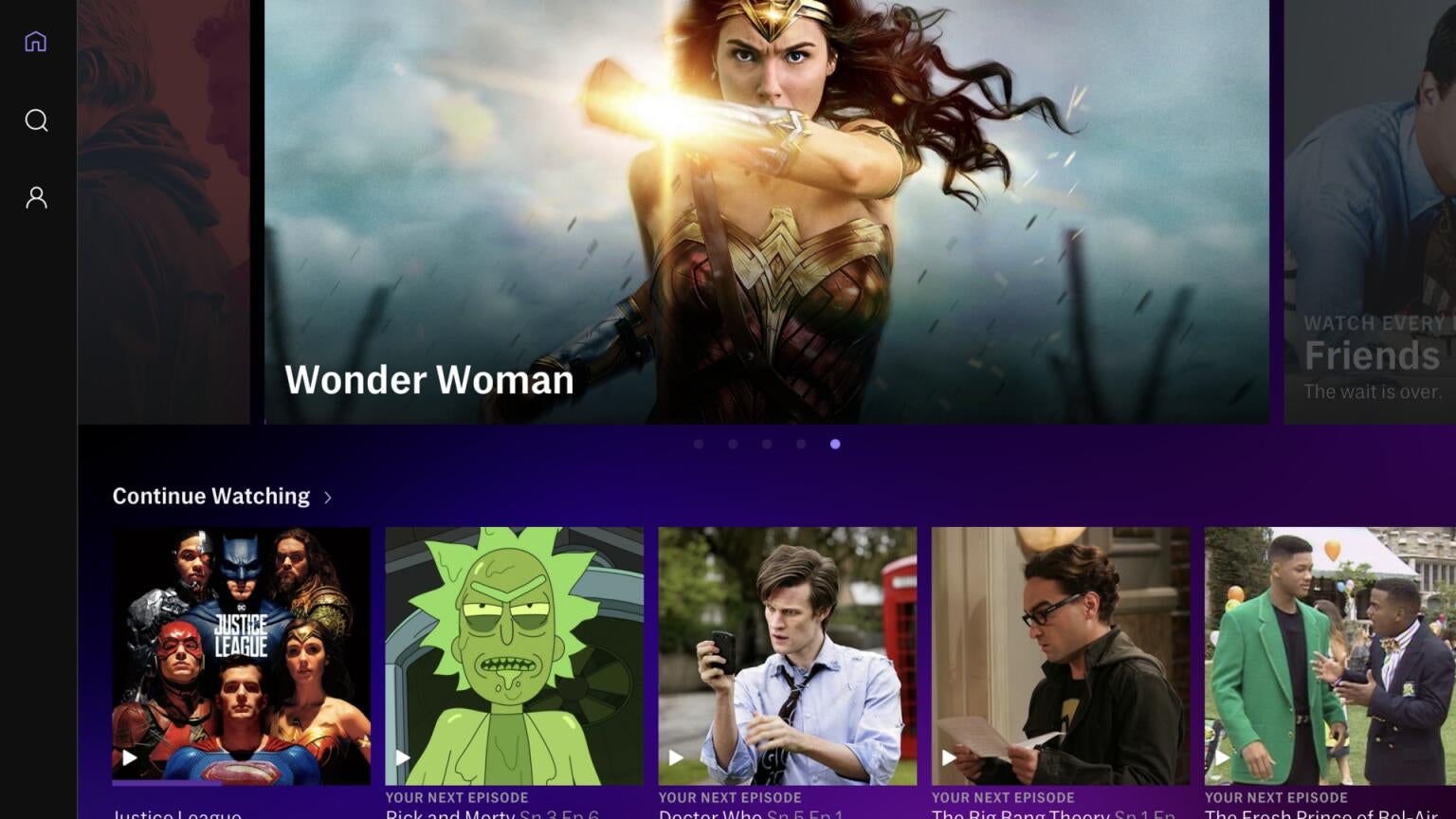
For many media companies, 2022 has been a year that they would likely like to leave far behind them, and perhaps none more so than Warner Bros. Discovery. WarnerMedia was acquired by Discovery in April, and at the time WBD estimated the merger would generate costs of up to $4.3 billion that the new company would have to cover.
New corporate filings with regulators suggest that WBD was significantly off in its estimates. Those filings now suggest that WBD incurred post-merger costs of around $5.3 billion and that its corporate restructuring efforts are not yet complete.
“The company’s restructuring efforts are ongoing and could result in additional impairments above the revised estimates,” WBD said in the filing.
The company also reports that its corporate shuffling likely won’t be over until the end of 2024. The new upward-revision of expected merger costs goes a long way toward explaining why WBD has been pursuing what many customers, industry insiders, and content producers have seen as a frustrating course of action with its premium streaming service HBO Max.
That service has seen a large (and increasing) amount of cuts to its content library. Even shows and movies that were nearly finished products, like “Batgirl” and “Minx,” have been unceremoniously dumped in favor of write-offs. Beloved classics like “Sesame Street” were not spared the ax either, and the company appears to be starting from scratch on its DC comics projects, shelving the next “Wonder Woman” movie and rebooting the Superman franchise without the most recent actor to don the cape and boots, Henry Cavill.
The company has been doing whatever it can to monetize its properties and increase its revenue streams. This week, WBD announced that some shows, like “Westworld,” which was recently canceled, will be licensed to third parties to run on free ad-supported TV (FAST) channels. WBD has stated that it has interest in launching its own FAST service, but licensing shows to other companies allows WBD to reap a financial benefit without the costs of trying to build another streaming platform.
The newly revealed cost estimates from WBD also help to explain why the company is in such a hurry to merge HBO Max with its other streamer discovery+. The two services are currently set to merge in spring of 2023, although the original plan called for a summer merger instead. Paying operating costs for two services is not cheap, and WBD would like to synergize those costs as quickly as possible. Additionally, because the highest-priced subscription tier to discovery+ is $6.99 per month and HBO Max’s lowest option is $9.99, there is an opportunity to increase the average revenue per user (ARPU) by combining the platforms.
WBD CEO David Zaslav has understandably rubbed some in the industry the wrong way while seeking the savings his company needs. His actions in the context of massive merger costs are justifiable, but his often brash and unapologetic tone has left content creators and customers feeling burned. But, considering the company’s restructuring will continue through at least the end of 2024, many more painful cuts at HBO Max — and WBD at large — likely remain on the horizon.
Max
Max is a subscription video streaming service that gives access to the full HBO library, along with exclusive Max Originals. There are hubs for content from TLC, HGTV, Food Network, Discovery, TCM, Cartoon Network, Travel Channel, ID, and more. Watch hit series like “The Last of Us,” “House of the Dragon,” “Succession,” “Curb Your Enthusiasm,” and more. Thanks to the B/R Sports add-on, users can watch NBA, MLB, NHL, March Madness, and NASCAR events.

